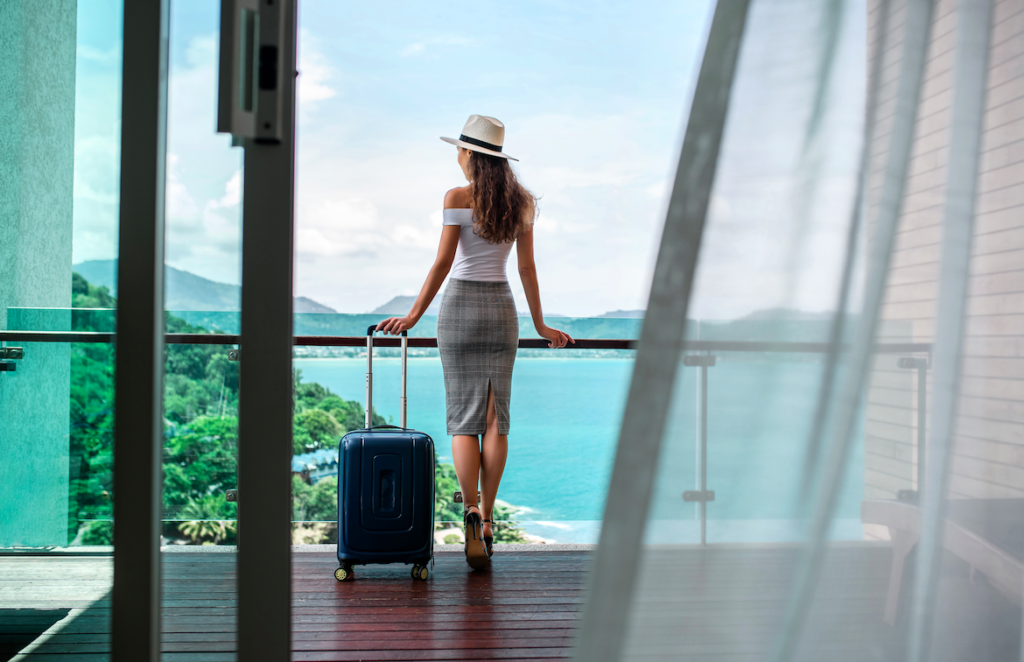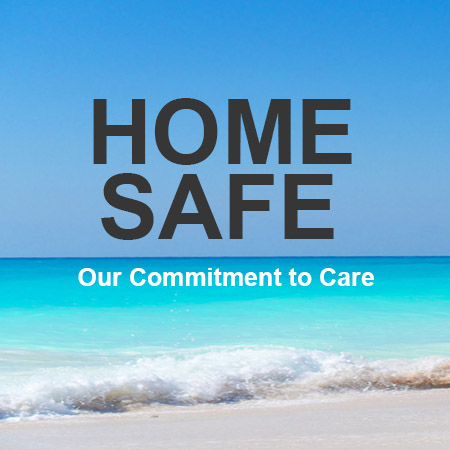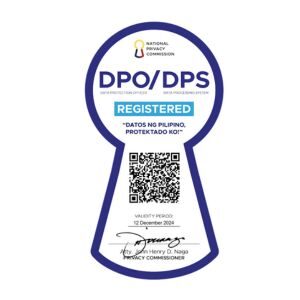We might be gradually lifting and moderating quarantines across the world, but let us keep in mind that we should still be cautious. While the search for a cure and vaccine for COVID-19 is still on, we are expected to live in the so-called “new normal.” For those who have been thinking of travelling after being in confinement for months, here are some tips to help you plan:
1. Look out for the best room deals you can score

As we rekindle our desire to travel, we can definitely look forward to discounted rates from resorts and hotels.
If a beach escape has been on your mind, Discovery Shores Boracay designed a gift voucher that will give you the flexibility to book when you’re ready—open-dated three days, two nights stay which you can pay when you can, plus resort credits of Php 6,000 that you can spend however you want, when you stay minimum of two nights. You can even rebook at least 2 days prior to your arrival, if you decide to change your dates. Don’t miss out on the perks of planning early..
2. Research on health and safety protocols implemented in airlines and lodgings
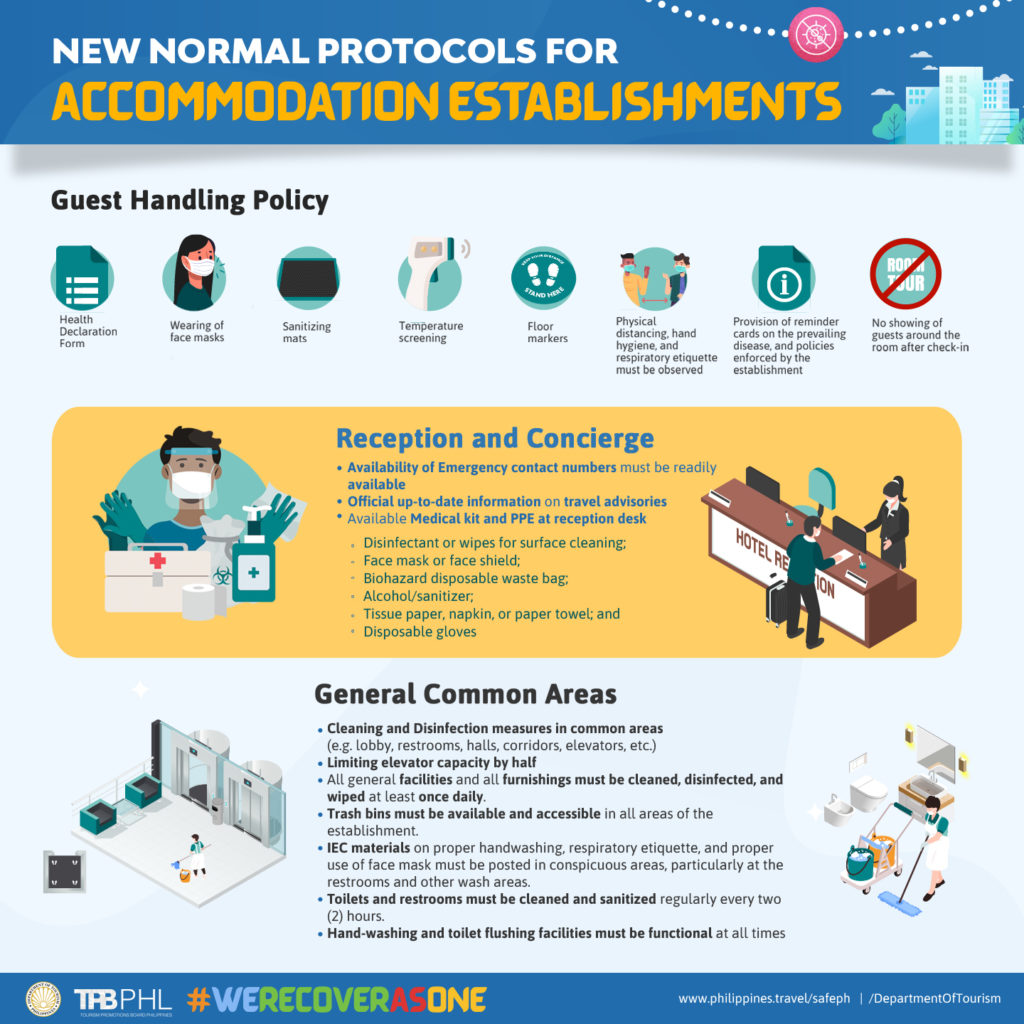
It always pays to be well informed, so we know what to expect and what to prepare. For Discovery Shores Boracay, to ensure the welfare of guests and staff, more rigid cleanliness and sanitation protocols have been incorporated in all areas of operations. You may know more about the enhanced safety and sanitation measures under the resort’s Home Safe program here.
3. Check online reviews
Gain a better understanding on how well hotels have been responding to the crisis from guest feedback. You may check out these hotel review sites:
• TripAdvisor
• Google
• trivago
• Booking.com
4. Protect yourself
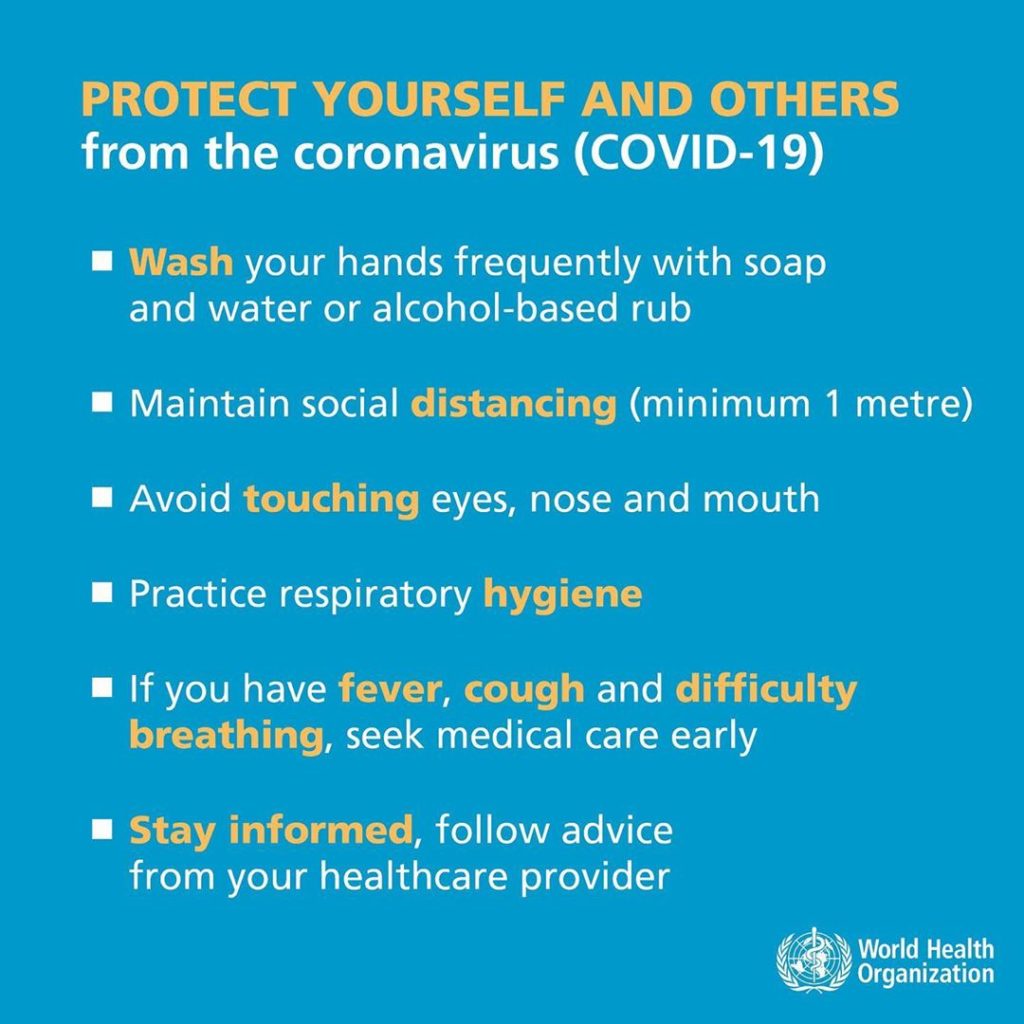
The World Health Organization has shared some important guidelines that we should be doing to help protect ourselves and the people around us from the spread of COVID-19. By taking other simple precautions like practicing social distancing, always wearing a mask when you’re around other people, having alcohol with you at all times—these can help reduce our chances of being infected.
You may learn more safety protocols here.

